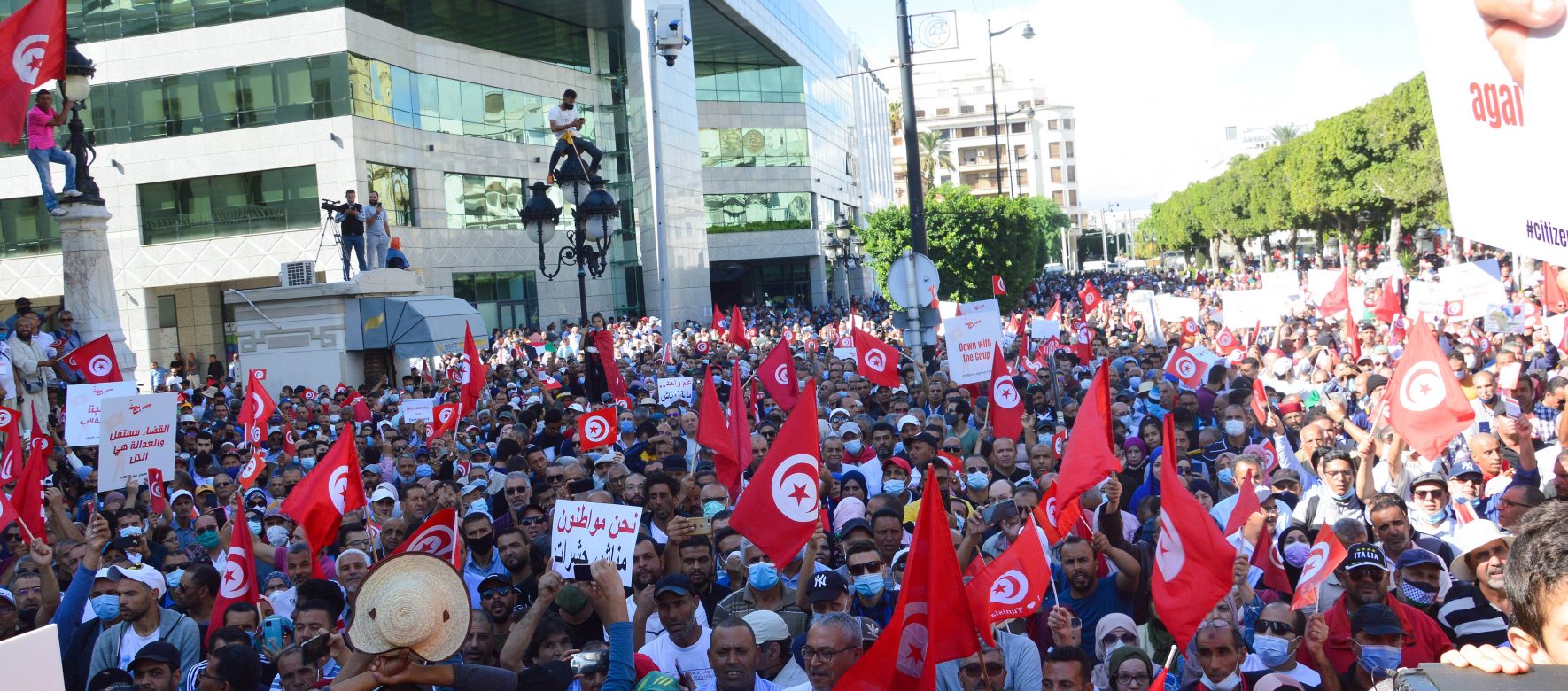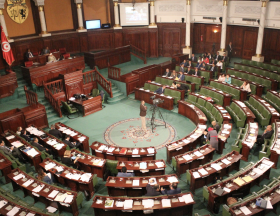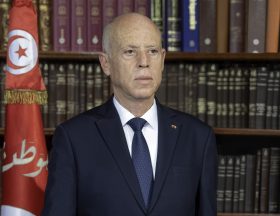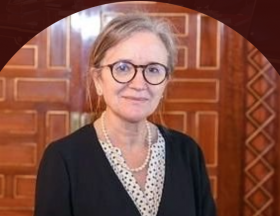After suspending parliament and then appointing a new government, Tunisian President Kaïs Saïed has just announced the continuation of the exceptional measures taken last July for another year.
Tunisia will organize legislative elections by the end of 2022. The announcement was made on the evening of Monday, December 13, by President Kaïs Saïed, in a speech addressed to the nation.
According to the leader, new parliamentary elections will be held on December 17, 2022 on the basis of a new electoral law. This will be developed following the popular consultations which should take place in the period from January 1 to March 20, 2022.
“The constitutional reforms will be submitted to referendum on July 25, 2022, the anniversary of the proclamation of the Republic”, added the leader.
If the announcement of this new calendar can be seen as a step forward in the process of returning to constitutional order in Tunisia, for some observers, it only actually confirms the concentration by the Head of State of essential constitutional powers in the Maghreb country.
In fact, in his speech, he announced the extension of the measure to suspend Parliament, until the next election is held. In effect, this amounts to a dissolution of the National Assembly and the continuation of the strategy of governance by decrees and ordinances, adopted by the Tunisian head of state, since July.
As a reminder, President Saïed had decided to dissolve the government and suspend Parliament in a context of political and social tensions that have shaken the country in recent years. While his opponents denounce a coup and a decline in democratic progress, the official justifies his decision by an “imminent peril” against the nation, due to the corruption and clientelism that have plagued the state apparatus for several years. At the end of September, he appointed Najla Boulden to the post of Prime Minister, and validated his government two weeks later.
“According to the Constitution, I took decisions that the situation requires in order to save Tunisia, the State and the Tunisian people. We are going through the most delicate moments in our history, ”said Kaïs Saïed at the time.
According to the IMF, Tunisia’s economic situation is worrying. Last year the economy entered a recession at -8.6% while public debt is currently estimated at 90.2% of GDP.
While the rise in prices has contributed to fueling social tensions for several months, Tunisians are still waiting for concrete economic measures to improve their purchasing power and their standard of living in the context of the global health crisis.











Réagissez à cet article